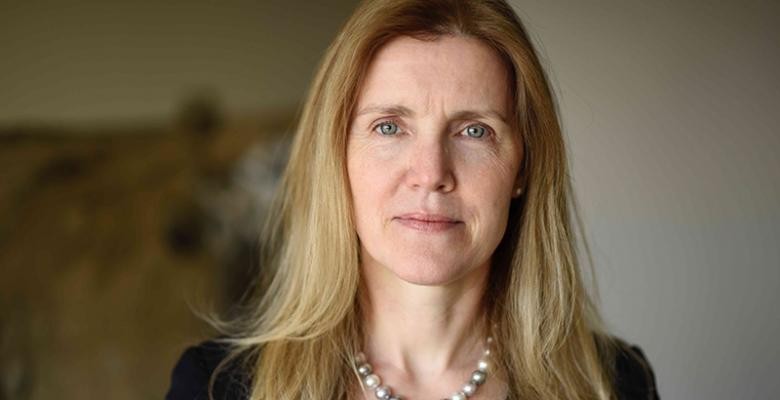A two-year study by the University on the status of women and underrepresented minority faculty at Columbia has resulted in a set of proposals on ways to close salary gaps, spur academic advancement and improve the overall work environment.
The 145-page Equity Report, released Oct. 18, focused on the three divisions of the Faculty of Arts and Sciences—Humanities, Natural Sciences and Social Sciences—who teach undergraduates at Columbia College and the School of General Studies, as well as students in the Graduate School of Arts and Sciences.
The report's major findings include a lack of diversity in the senior leadership of academic departments and centers; insufficient transparency about how important decisions are made; and unclear policies and decision-making processes. There also was evidence of differences in workload and salary among women and underrepresented minorities, and the persistent problem of harassment and discrimination.
“We have been able to address some of these issues even before the report was finalized, but others will require concerted and dedicated efforts over time,” said Maya Tolstoy, interim executive vice president and dean of the Faculty of Arts and Sciences, and a professor in the Department of Earth and Environmental Sciences. “I hope that faculty will read the report thoughtfully and have discussions in their departments. This can’t be a top-down effort.”
In a letter to the Columbia community, Lee C. Bollinger wrote that he is “deeply grateful to the Arts and Sciences faculty for engaging in this careful self-examination, for identifying where we are falling short and for pointing out where we must direct our efforts as a university.”
“The recommendations range from tangible changes to broader cultural shifts that will require some time to implement,” Tolstoy said. “Some things are relatively easy to address, or that we have already started to address, and there are others that we will have to find solutions for.” To ensure such progress, a standing committee on equity and diversity will be created to keep tabs on progress.
Some concerns about promotions and retention centered on a practice at the University in which professors who were offered a position at another university were more likely to receive salary raises, additional funding for their research or more responsibilities from Columbia. That approach disproportionately affected women, who felt they must get an outside offer and often left when the University declined to match it.
That approach, bargaining for greater salaries and resources is viewed as “counterproductive and destructive to morale,” the report said, and will likely be replaced by a merit-based review system. Tolstoy said her committee is creating a structure on how best to respond to outside offers. Further recommendations include correcting salary inequities immediately and considering how other factors such as service and advising factor into annual salary reviews.
“I think one of the things that’s important about this report is that this is not merely a Columbia problem, it’s an academic problem at many universities,” Tolstoy said. “I hope this will help change the conversation in higher education.”
Bollinger, in his letter, noted that “the world-class scholarship that defines Columbia depends upon diversity and upon the existence of a just and equitable environment in which a diverse faculty can thrive." He added, “This report says many important things, none of them more important than declaring Columbia’s commitment to persist in pursuit of these goals.”
